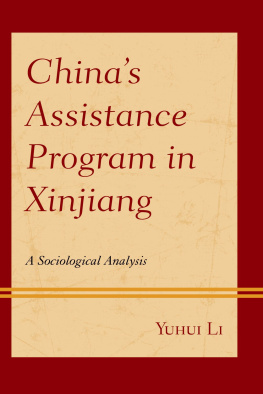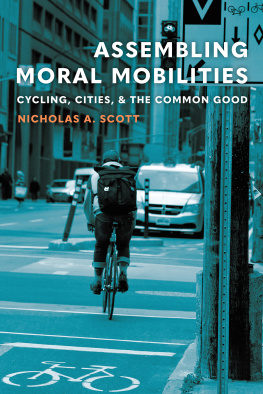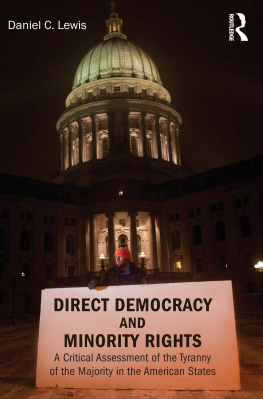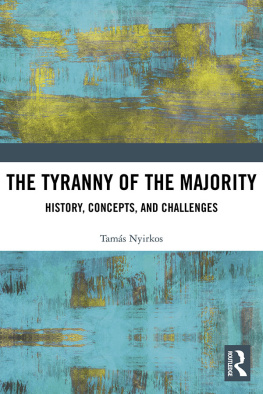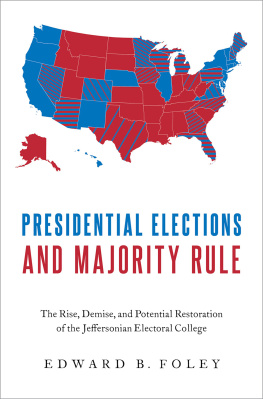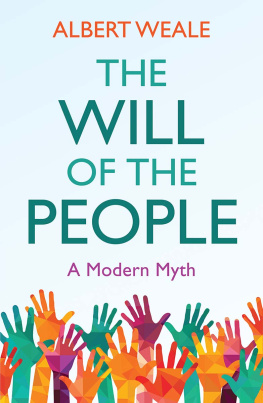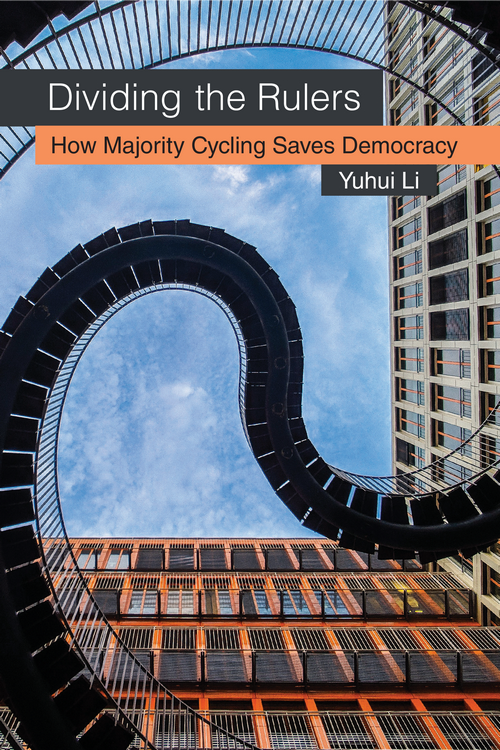
Dividing the Rulers
The idea of democracy has been under enormous challenge in recent years, especially since the election of many populist politicians who run on a platform of pleasing electoral winners at the expense of losers. This book argues that majority rule itself is not to blame but rather that the institutional features that stabilize majorities are responsible. Despite the popular idea that social choice instability (or cycling) makes it impossible for majorities to make optimal decisions, Yuhui Li argues that the best aspect of democracy is not the large number of people on the winning side but the fact that the winners can be easily divided and realigned with losers in the cycling process. He shows that minorities bargaining power depends on their ability to exploit divisions within the winning coalition and induce its members to defect, an institutionalized uncertainty that is missing in one-party authoritarian systems. The reason that some democracies lose their institutional advantage to nondemocracies is often that their institutions make it too hard for the winning coalition to divide and break down.
Using simple reasoning with the help of experimental and observational data, Dividing the Rulers theorizes and simulates why such division within the majority is important and what kind of institutional features can help a democratic system maintain it, which is crucial in preventing an undefeatable winning coalition and the tyranny of the majority that may come with it. These institutional solutions point to a direction in institutional reform that not only academics but also politicians and voters should collectively pursue.
Yuhui Li earned his PhD in Political Science from the University of California, Davis.
Dividing the Rulers
How Majority Cycling Saves Democracy
Yuhui Li
University of Michigan Press
Ann Arbor
Copyright 2019 by Yuhui Li
All rights reserved
This book may not be reproduced, in whole or in part, including illustrations, in any form (beyond that copying permitted by Sections 107 and 108 of the U.S. Copyright Law and except by reviewers for the public press), without written permission from the publisher.
Published in the United States of America by the
University of Michigan Press
Manufactured in the United States of America
A CIP catalog record for this book is available from the British Library.
Library of Congress Cataloging-in-Publication Data
Names: Li, Yuhui, 1976 author.
Title: Dividing the rulers : how majority cycling saves democracy / Yuhui Li.
Description: Ann Arbor : University of Michigan Press, [2019] | Includes bibliographical references and index.
Identifiers: LCCN 2019008978 (print) | ISBN 9780472131525 (hardcover : alk. paper) | ISBN 9780472125920 (ebook)
Subjects: LCSH: Majorities. | Intra-party disagreements (Political parties) | Opposition (Political science) | Democracy.
Classification: LCC JF1051 .L5 2019 (print) | LCC JF1051 (ebook) | DDC 321.8dc23
LC record available at https://lccn.loc.gov/2019008978
LC ebook record available at https://lccn.loc.gov/2019980533
Cover photo by Jay Lee.
For Yang,
who believes the world is not worth saving but whose existence proves otherwise
Contents
Digital materials related to this title can be found on the Fulcrum platform via the following citable URL: https://doi.org/10.3998/mpub.11300656
Page viii Page ix
Politics, even in its most benign form, always creates winners and losers. A good policy for some is almost always a bad policy for others. I am not saying this in a cynical way. Obviously there are common interests a polity can and should strive for, such as the prevention of nuclear wars and famines, but that is only a small part of a governments job. Most of the decisions a government makes are about whose interests should be sacrificed (e.g., paying more taxes, suffering bankruptcy, breathing dirty air, or going to jail). And exactly because every politician in every country is more or less engaged in the business of hurting someone, giving a normatively uncontroversial evaluation to a political system is always a hard job.
However, that job needs to be done. For obvious reasons, we cant afford not knowing which political systems are better than others. And that knowledge is important not only for academics but also for members of the general public because they are the ones who can demand institutional reforms from politicians either with their votes or, in countries without elections, with their physical power.
Long before I began pursuing a political science career in the United States, I had been active in Chinese media platforms, constantly debating the choice between forms of government, especially whether the Chinese model of growth-driven authoritarianism could serve as a justifiable alternative to multiparty democracy. Those debates were not very fruitful, however, because of the scarcity of political science training in China. Even though most of the opponents to democracy failed to provide rigorous arguments and seemed to be driven entirely by a fear of the unknown, Page x the other side, including myself, did no better homework. There was one simple question that I felt especially unequipped to answer. If democracy requires majority rule, what about minorities? In other words, on what grounds can we expect that ethnic, cultural, or economic minorities will not become victims of the tyranny of the majority that concerned so many early masterminds of political science (Madison 2003 [1787]; Mill 2002 [1859]; Tocqueville 2001 [1835])? And, if there is no guarantee that political winners will treat losers better in democracies than in other systems, regardless of how small the losing side is, can we really say that these are better systems?
The ambition of this book, therefore, is to find out exactly how minorities manage to survive majority rule and why they fare better in some democracies than in others. Knowing this will not only provide an effective defense of democracy in general but will also help us identify which types of democratic institutions are worth particular appreciation. At a time when the number of democracies in the world has been decreasing for years, after a century of expansion, and when people are increasingly losing confidence in their elected governments, I feel intensely motivated to discuss these questions with fellow political scientists, as well as general readers who are interested in finding better choices for political institutions. I hope I will convince pessimists that democracy per se is not failing but that certain features of certain subtypes of democratic systems need to be adjusted.
After shopping through many different schools of thought on majority-minority relationships over the years, including the integrationist arguments that focus on promoting group integration and pre-electoral coalitions and the consociational arguments that focus on mandatory power sharing, I settled on one branch of the literature that appeared to be the most appealing but underdeveloped: the beneficial cycling argument briefly made by Miller (1983) and McGann (2006). I decided to start with their general ideas, improve the vulnerable parts of their theories, and provide a more refined deductive framework with original empirical analyses. This book serves to present the end result of my research and thinking in that direction. Its main findings are regarding the source of minorities bargaining power under majority rule, the strategic interactions between electoral winners and losers, and how they respond to different countries institutional settings. It employs accessible language to illustrate how cycling, once deemed an unpleasant side effect of majority rule, is actually the essential feature that makes democracy superior as a system of government compared to its alternatives and makes certain subcategories of democracies Page xi preferable to others. I demonstrate how cycling makes it possible for minorities to exploit divisions within the majority and retain bargaining power outside the winning coalition.
Next page

